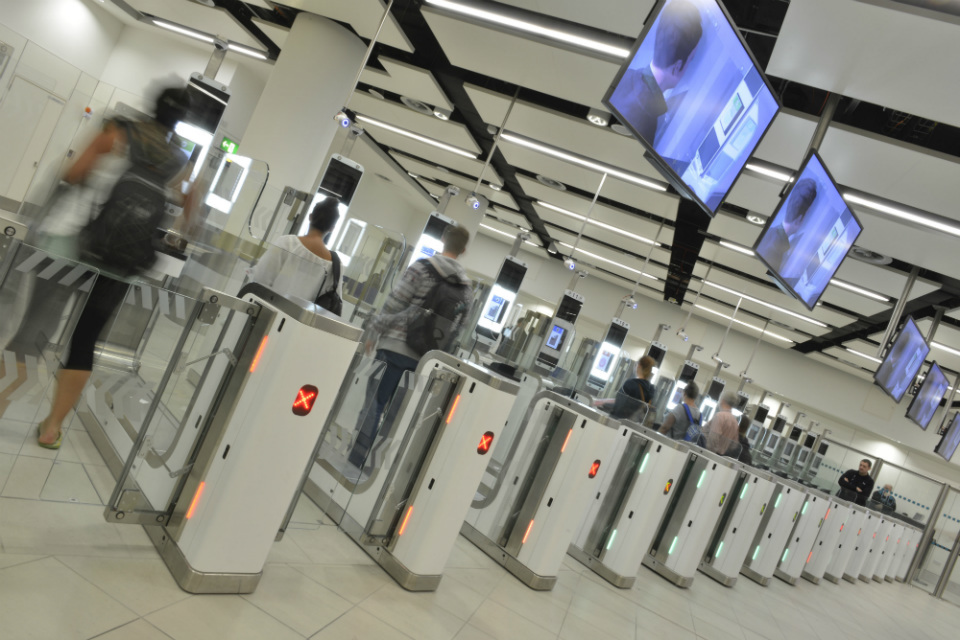Senior managers in recruitment and digital profession point to other issues including job descriptions and speed of offers
Better job adverts, smoother processes and faster offers could do more to help recruit digitally focused staff than increasing pay, according to speakers on a panel session at PublicTechnology Live on 1 March.
“Pay is definitely an issue,” said Jack Richardson, deputy director of the Government Recruitment Service (GRS), in response to a question on the importance of pay levels in filling technology roles. “But it doesn’t feel to me to be the biggest issue.”
GRS research has found that candidates for digital jobs can be put off by job descriptions. “We’re trying to sell this to somebody. It’s a marketing challenge and it’s very, very much a sellers’ market,” said Richardson, adding that adverts can be improved by cutting standard material.
At present, adverts have to include detailed information on how to complain about the recruitment process to the Civil Service Commission, something GRS is hoping to reduce in length by using hyperlinks.
James Freed, chief digital and information officer of Health Education England – a national NHS body responsible for skills across the health-service workforce – said that the NHS in England has a vacancy rate of around 7% among its 48,000 digital, data and technology (DDaT) professionals, comparable to that for the whole economy.
Given that the salaries on offer are “on average, 10% less than the private sector”, Freed said that the industry-standard vacancy rate is evidence “that the overall reward package for NHS DDaT staff is broadly equivalent” to what digital professionals could obtain elsewhere.
The CDIO said that people latch on to pay as it appears to be simple way to boost recruitment, but thought that addressing a range of issues would help more. He agreed with Richardson that improving job descriptions would help and added that the pace of public sector recruitment could be accelerated to compete with technology-focused companies, which often offer jobs within days of interviewing candidates.
“That does not happen in the NHS, and I suspect it does not happen in government either,” he said.
GRS’s Civil Service Jobs web portal, which was launched in July 2018, publicises all civil service vacancies and processes applications for 70% of them. Richardson said that the latter has helped standardise the recruitment process to some extent, but departments still ask the GRS to do things in particular ways to fit their ways of working. Creating bespoke processes adds complexity and in some cases contributes to lengthening the hiring process, he added.




